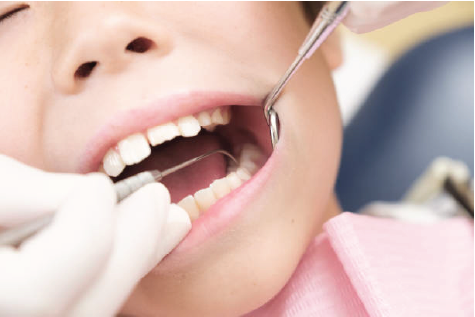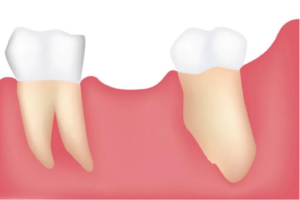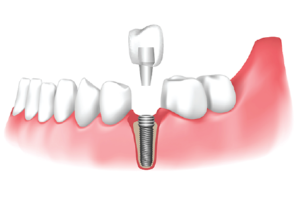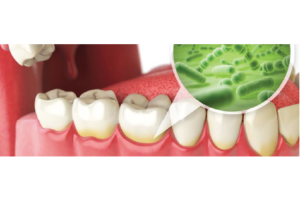Why you should take care of your child’s Milk Teeth

One of the most prevalent misconceptions concerning milk teeth is that they are insignificant to the future oral health of the child. Their importance is downplayed by many parents as they see them as “just teeth that will eventually fall out and be substituted by permanent teeth.”
- They establish space and guide permanent teeth into proper position
If decay causes a baby tooth to be lost early, the neighbouring teeth tend to invade or tip into that space. When permanent adult teeth are prepared to come out, space may not be sufficient. This may cause them to erupt in inappropriate positions leading to crooked teeth alignment, chewing difficulties, facial asymmetries, temporo-mandibular joint issues, as well as decay of teeth.
- They help in the development of your child’s speech
Certain sounds are generated when the teeth and lips or teeth and tongue are in contact. In the absence of their front teeth, children have difficulty in learning to pronounce sounds like F, V, S, and T. They may experience issues with articulating words or speaking clearly. These issues of speech can turn into challenges later in life.
- They promote good nutrition through proper chewing
Milk teeth foster healthy eating practices. Your kid learns to correctly chew food and maintain a healthy diet. If their teeth are allowed to decay, the child will not only experience discomfort, pain, pus formation, but will also be unable to eat. This, in turn, may result in malnutrition, eventually influencing their development.
- Tooth decay in baby teeth can affect adult teeth
The permanent teeth grow very near to the roots of the milk teeth. If cavities in the milk teeth stay untreated, they may develop infection or abscess which may spread underneath, hampering the development of permanent teeth.
- Milk teeth help in the development of jaw bone and muscles
The growth of the jaw bones is influenced by facial muscle development. Like any muscle, the facial and jaw muscles of your baby require exercises to facilitate growth. Teeth and chewing function help to exercise the facial muscles, which in turn helps the jaw bone to develop.
- They affect your child’s smile, self-esteem, and psycho-social development
Your kid may start to be conscious of missing or decayed teeth. This can interfere with their social interactions and self-esteem. The stigma of black teeth and bad breath can cause serious teasing in school and at play which can impact the psycho-social development of your child. Also, tooth decay is painful and distracting, and may cause your child to lose focus in school, and this can impact academic performance. Healthy teeth will greatly help your child to smile brightly and feel nice about them. It will increase their confidence while connecting with other children.
To summarise, milk teeth are essential for a child’s physical, emotional and social development. We must look after them and ensure that they last until the permanent teeth erupt. Parents need to assist kids to take care of their teeth and instil excellent oral hygiene habits. Regular visits to your dentist will help detect problems at an early and manageable stage. One of the greatest investments in your child’s future health could be your attention to their dental health.
Why Your Dentist Would Recommend BRACES Even Though You May Have Straight Teeth?
Why Your Dentist Would Recommend BRACES Even Though You May...
Read MoreWhat are your choices for replacing Missing Teeth
What are your choices for replacing missing teeth? Loss of...
Read MoreShould you replace missing teeth
Should you replace missing teeth? You might think that you...
Read MoreDoes acid reflux from the stomach damage your teeth
Does acid reflux from the stomach damage your teeth? It’s...
Read More
Dr. Paresh Lotlekar is a leading dental practitioner specialising in Periodontology & Oral implantology and the founder of STUDIO32 (studio32india.com), a chain of super speciality dental clinics in Goa.





